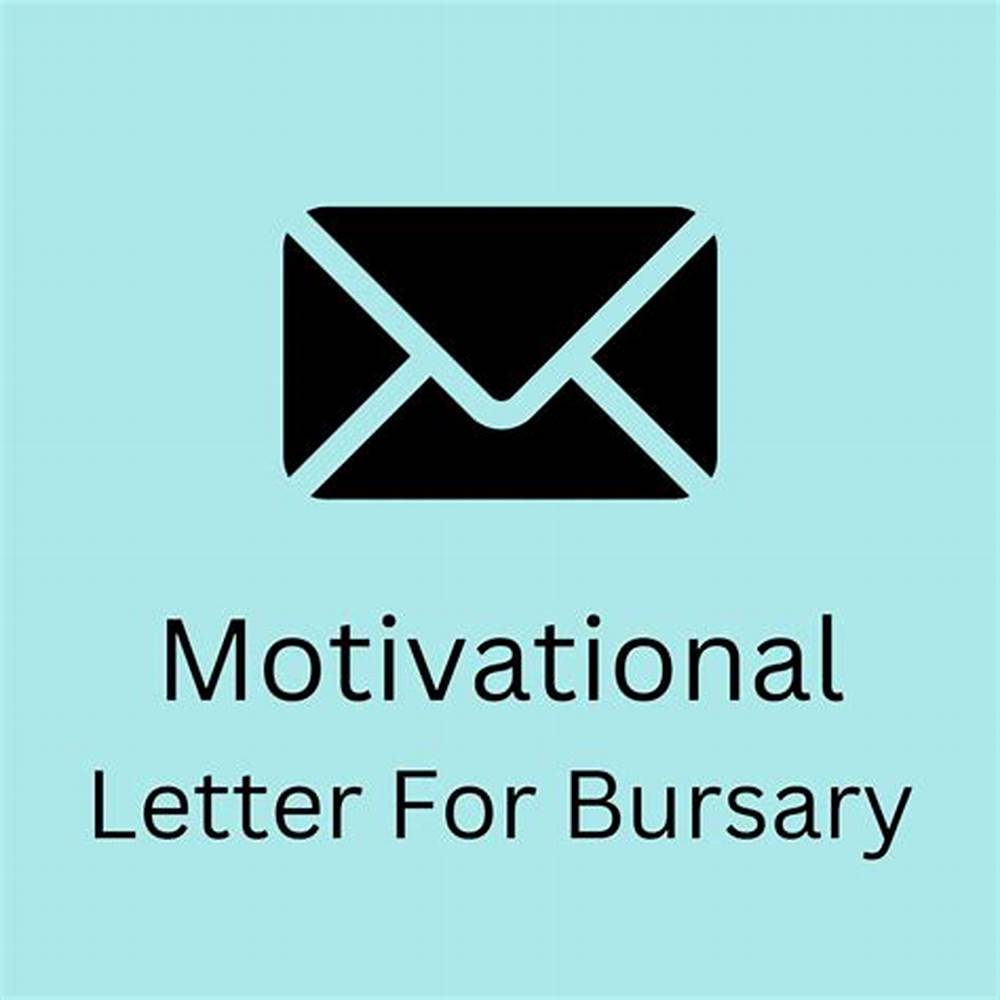A bursary is a financial award, offered to students who are unable to afford their full tuition fees or those who have excelled academically. Bursaries are awarded based on various criteria, including academic results, financial need and other personal attributes (leadership skills, community involvement etc).
Because companies receive many applications for their bursary programme, it is vital that applicants write an honest and compelling motivational letter, to give the best first impression and set them apart from other applicants. The motivational letter should explain why you are in need of financial and how the opportunity will help you both financially and professionally.
A motivational application letter is very similar to a Curriculum Vitae cover letter as it states your goals, accomplishments as well as a brief description of your credentials- this is essential as it can put you ahead of your competition.
It is vital that you genuinely and honestly show your need for financial aid in your bursary letter, explaining how the award would help fund your education. The companies offering the programmes use these letters to decide on a suitable recipient and base their choice on need, merit, or both, depending on the specific requirements the bursary has.
Top tips for writing a Bursary Motivational Letter
- Be genuine when describing your financial need
- Be sure to include both the institution and course you are in
- Describe the goals you have (educational and future career prospects)
- Make the letter personal and not generic
- Ensure the recipient that you will meet all the requirements of the programme
- Use language that is professional and polite
- Be sure to include your necessary academic results and documents
- Enclose both the application form and its supporting documents
- Keep a formal tone with all your content
- Be precise
How to write a Bursary Motivational Letter
At the top left corner of the letter, include the address of the bursary provider (you can also include the date you are applying on, your name, and contact details).
Start your letter with any of the following:
- Dear (Name of the person reading application, if known)
- Dear Sir/ Madam
- To whom it may concern
The first paragraph should purposefully state the reason for your application. It should be no longer than 2 or 3 sentences and should include a clear thesis similar to the following: “I am applying for the [insert company name] bursary programme to help fund my [course of study] qualification, for the [course year study] academic year.
The second paragraph should elaborate on your education and include your personal achievements, current studies, and plans you have for further education (example, a graduate degree.) Be precise and to the point in this paragraph and ensure that it too, is no longer than 3 sentences.
The third paragraph should include your career plans and explain how your education and degree complement them. This section should reflect on your personal goals as well as explain how the bursary will aid you in covering certain funds. You could briefly include the circumstances that lead to you needing financial need, but do not linger on it. This paragraph should focus mainly on your plans for the future.
With all this in mind, this is a paragraph that can be a little longer than the rest.
The final paragraph of your motivational letter should be short, stating your gratitude for the consideration and opportunity.
Finally, sign your letter, “Sincerely, (your name).”
NOCHILL is on Social media platforms for more updates, follow our WhatsApp channel.



